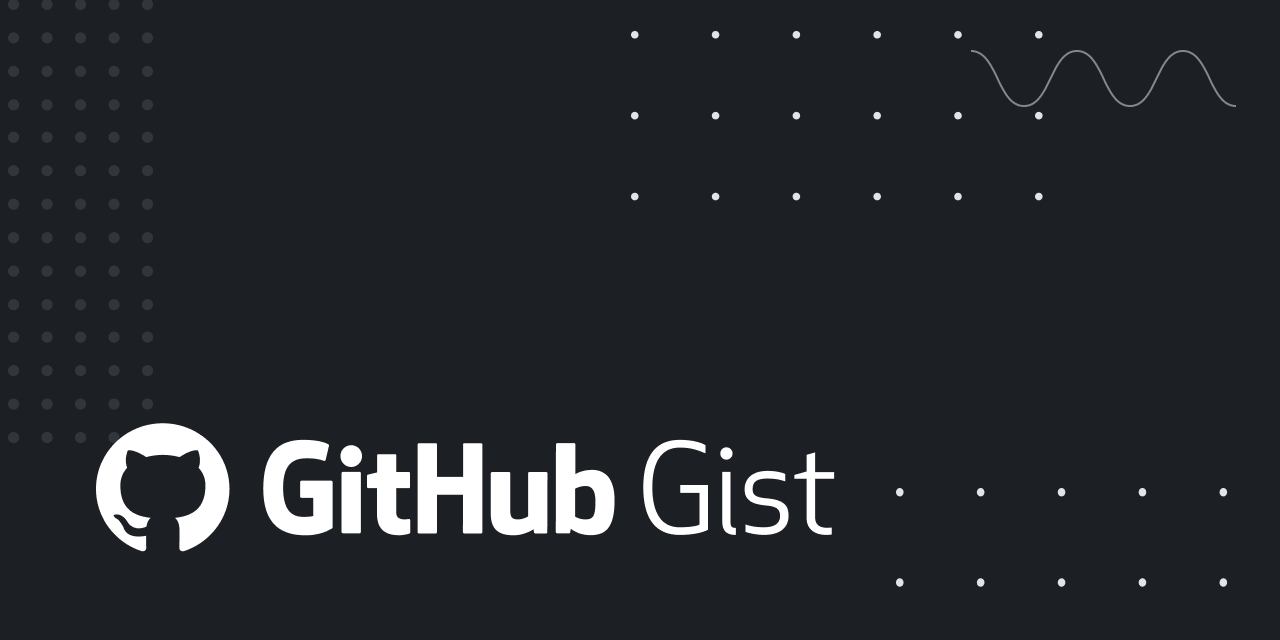2025-06-06 10:11:26
This https://arxiv.org/abs/2412.20925 has been replaced.
link: https://scholar.google.com/scholar?q=a
2025-06-05 11:30:48
#Clojure map-interval
Like `map` -- apply function `f` to each element in `col` in turn and return the values returned in sequence, but in a single thread and pausing between each invocation of `f`.
Useful for example in circumstances where you're querying a rate-limited service.
2025-06-05 07:16:47
Signals as a First-Class Citizen When Querying Knowledge Graphs
Tobias Schwarzinger, Gernot Steindl, Thomas Fr\"uhwirth, Thomas Preindl, Konrad Diwold, Katrin Ehrenm\"uller, Fajar J. Ekaputra
https://arxiv.org/abs/2506.03826
2025-06-02 18:08:24
«Sure, people from Latin-language-majority countries also list their “pronouns” in e-mail signatures and on social-media profiles, but this is, I think, largely the subconscious acceptance of the English-speakers’ hegemony over social norms (and queerness?).»
🔥 by @….
I'd even go one further and say "USian English's hegemony, both for online social norms generally and queerness in particular 🙈
https://blog.achintyarao.in/post/the-english-language/
2025-06-02 07:24:17
At the Semantic Digital Humanities 2025 Workshop, Jose Maldonado-Rodríguez is presenting "Natural Language Querying for Humanities #KnowledgeGraphs A case study on the GOLEM KG". Main contribution is a bilingual dataset (English-Spanish) specifically designed to evaluate automatic text-to-SPARQL translation systems for GOLEM, a specialized humanities KG.
paper:
2025-06-01 11:11:59
Good Morning #Canada
OTD in 1866, the Fenian Brotherhood crossed the Niagara River to invade Canada. This group was an Irish American organization that was dedicated to freeing Ireland from British rule, and they believed that if they captured Canada, they could use it as a bargaining tool. We could have become a nation of red-headed brawlers who were terrible hockey players.
#CanadaIsAwesome #History
https://qormuseum.org/history/timeline-1856-1899/the-fenian-raid-1866/
2025-05-30 07:26:31
Brunn-Minkowski and Reverse Isoperimetric Inequalities for Dual Quermassintegrals
Shay Sadovsky, Gaoyong Zhang
https://arxiv.org/abs/2505.23748 https://
2025-06-04 13:33:03
This https://arxiv.org/abs/2407.10640 has been replaced.
initial toot: https://mastoxiv.page/@arXiv_csDC_…
2025-06-03 08:11:21
hqQUBO: A Hybrid-querying Quantum Optimization Model Validated with 16-qubits on an Ion Trap Quantum Computer for Life Science Applications
Rong Chen, Quan-Xin Mei, Wen-Ding Zhao, Lin Yao, Hao-Xiang Yang, Shun-Yao Zhang, Jiao Chen, Hong-Lin Li
https://arxiv.org/abs/2506.01559
2025-06-02 16:13:16
I am at the same position as this post lines out. I’m neither hard core pro or anti LLMs. I think they are useful in specific contexts e.g. distilling and querying big chunks of text based information. They are not a hail mary solution to every problem.
„A lot of people like Rust and hate Go, and a lot of people like Go and hate Rust. That’s fine. That doesn’t bother me. But there’s something different about [AI discourse] that is driving me up a wall.“






